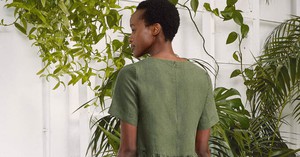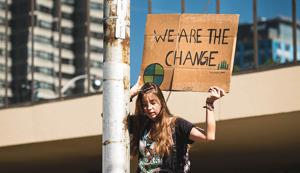- Clothes
- Bags
- Accessories
-
Inspiration
- Shoes
Sustainable Fashion Lobbying in the EU: Good or Bad News?
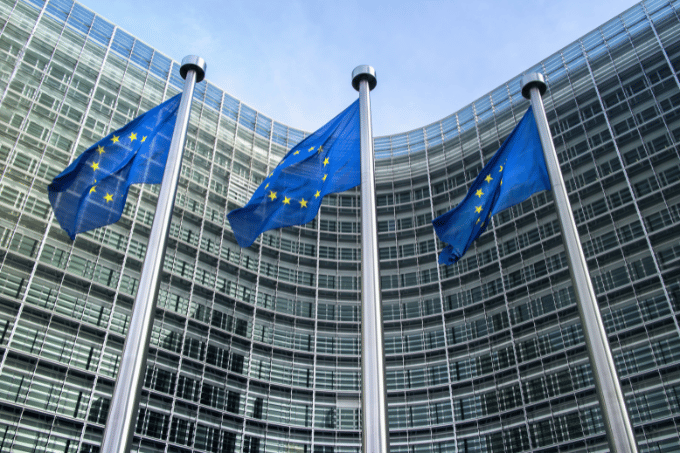
Are you an eco-conscious consumer trying to make more ethical clothing choices? (Sending you a virtual high five)
Then, from trying to reduce waste to tackling greenwashing, you’ve probably heard that a lot is being done by the EU right now—and unfortunately… undone, too. Well, lobbying plays a big role in these new or updated regulations.
But what does it actually mean? What are its pros and cons? And what can you do about it, should you wish to get involved?
To answer these questions and help ethical consumers understand what’s happening, I put together a simple, jargon-free guide on sustainable fashion lobbying in the EU.
Let’s start from the “basics”.
What does sustainable fashion lobbying mean?
In general, lobbying happens when people, groups, companies, and organisations try to influence decisions made by the government or political entities like the EU.
For example, if you care about an issue, like child labour, you might write to your local MP about it, asking them to vote accordingly. So, imagine that but on a larger scale. In fact, some companies have entire teams whose job is to speak to governments (shame that it's usually to protect their interests).
So, sustainable fashion lobbying is mostly about trying to sway decisions and regulations concerning the clothing industry, especially when the aim is to make it more ethical or reduce its environmental impact.
Right now, a lot is being (un)done about sustainable fashion in the EU
If you keep hearing news along the lines of “The EU is planning on introducing new regulations to tackle the impact of fashion on the planet” but you’re struggling to keep up… I can’t blame you!
It’s confusing, and there have been several U-turns.
For example:
- The EU introduced some laws (like the Corporate Sustainability Reporting Directive and Corporate Sustainability Due Diligence Directive) to regulate how companies report their sustainability performance, aiming to reduce greenwashing and move towards more ethical and eco-friendly goals. However, this made things particularly difficult for smaller companies. So, they’re now introducing the Omnibus package to reduce its administrative burden and simplify those sustainability reporting rules
- They had been working towards a unified law to fight greenwashing, the Green Claims Directive. Then, in June 2025, even though its negotiations had already reached the last stage… they withdrew from it
Sustainable fashion lobbying has a strong influence on decisions like that. So, as you might already be suspecting, it can be both a good or bad thing.
Sustainable fashion lobbying in the EU: is it actually helping us work towards a more ethical clothing industry?
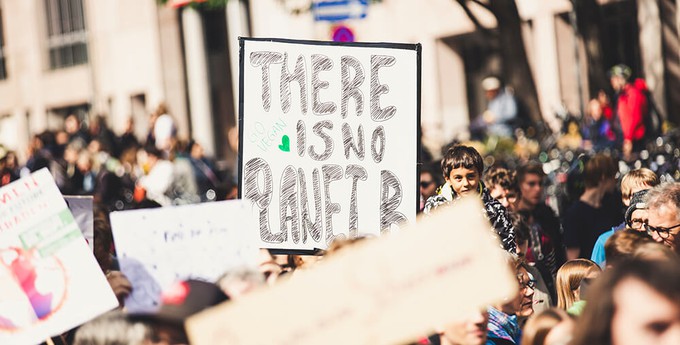
The pros of sustainable fashion lobbying
- Potential for positive change (for example, environmental groups and activists are basically telling EU lawmakers to prevent fashion companies from polluting, relying on sweatshops, or lying about their green claims)
- More voices being heard
The cons of sustainable fashion lobbying
- Lobbying is mostly influenced by larger companies, organisations, or even political parties with conflicting interests, including fast fashion brands. So, some of them are campaigning to make these EU regulations less strict so as to not lose money (for example, I was shocked to realise that, even though polyester is one of the worst fabrics for the environment, the Product Environmental Framework favours it over natural materials. Why? Probably because the majority of the decision-making committee had a business model centered around plastic-based materials. Ugh!)
- Unequal influence: large companies and organisations have much more money and easier access to lawmakers than small and ethical brands (even though the latter are usually the ones trying to have a positive impact on the environment)
- When it affects or delays those decisions, lobbying can cause uncertainties and higher costs, with companies struggling to keep up (for example, imagine running a small ethical brand and having a tiny budget compared to huge fast fashion companies. Instead of being able to use most of it for your marketing and to reach more eco-conscious consumers, you're now forced to cover advising costs to try and remain compliant while these laws keep changing)
How you can improve the impact of sustainable fashion lobbying in the EU
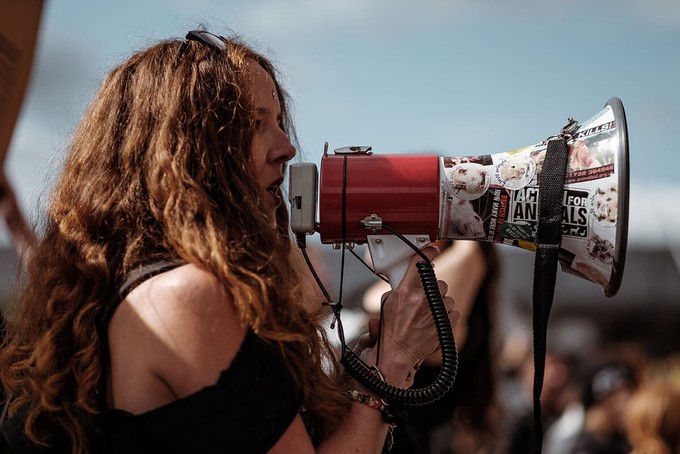
Not a fan of big companies having more influence on those regulations, especially since they haven’t got the best interests at heart? Same here.
So, here’s what we can do about it:
- Get involved directly – For example, write to your MP about the causes that matter the most to you, and vote for local and EU politicians who support green policies and social justice
- Join or support groups already lobbying for change – Some interesting ones are the Clean Clothes Campaign, Fashion Revolution, and BEUC (European Consumer Organisation). You could follow them on social media, sign up for their newsletters, share their content, add your name to petitions, and donate, if you can
- Support ethical fashion brands – As you now know, many of these smaller brands are also lobbying for change in the EU. Because they have tiny budgets, though, it’s harder to get their voices heard. So, support them by purchasing their items (you can find hundreds of ethical brands right here on Project Cece!), recommending them to your friends, sharing their social media content to help them reach more customers, and joining the public campaigns they run, like petitions or letters to lawmakers
Overall, I believe it’s great that the EU is taking these initiatives and working towards a unified framework for environmental impact measures. However, these continuous U-turns and updates make things even harder for small, impact-driven brands.
Now you know that sustainable fashion lobbying has a direct influence on all this. So, it can be good or bad news depending on how lawmakers are affected and who they choose to listen to.
Let’s be realistic: unfortunately, big corporations have it easier. But I’m confident that, if we—eco-conscious citizens, activists, and ethical brands—keep raising our voices together, we can make a proper impact, too.
Share our story
Related articles
8 Fun Sustainable Fashion Activities: Turn Friends Into Activists
First in your circle to switch to ethical clothes? Get everyone else on board with these sustainable fashion activities—and make new memories together.
11 Simple Sustainable Fashion Choices That Actually Make a Difference
Thanks to these easy sustainable fashion choices and tips, you can do something nice for the planet every time you get dressed. Here’s where to start!
Boycotting & Voting with Our Money: Can We Make a Difference?
Does boycotting really work? Well, we think that ‘buycotting’ does! Here’s why swapping a single vowel is key to achieving change by voting with your money.
Project Cece is a platform that collects ethical fashion from vetted brands and shops in one place. Browse ethical fashion for women and men and find items that fit your style, budget and values!
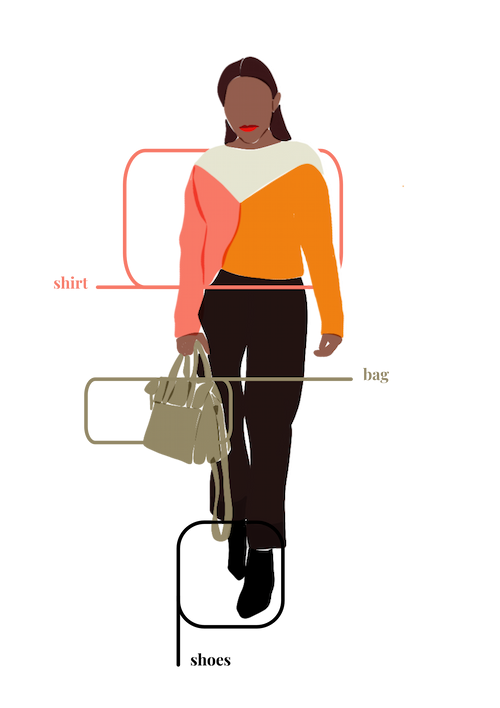
_large.png)

